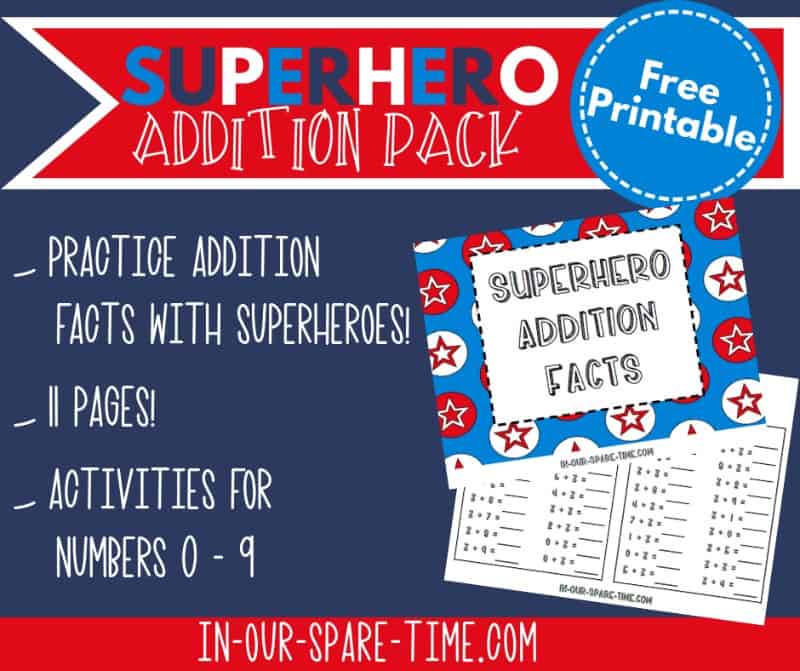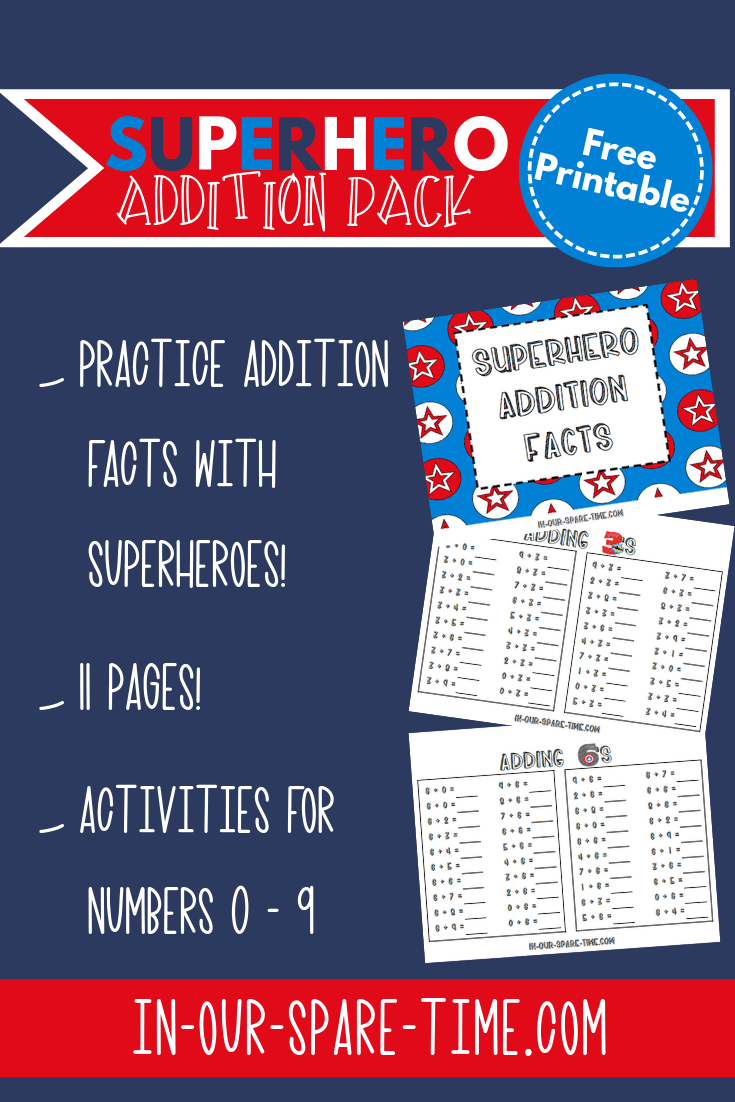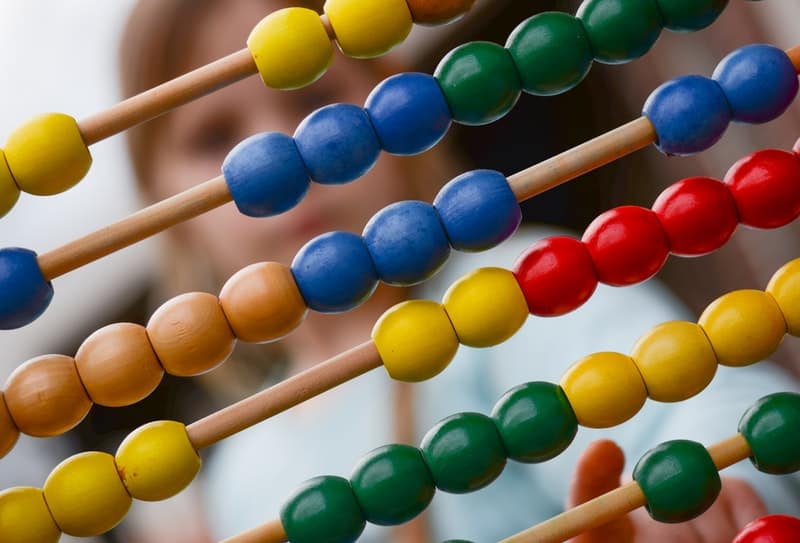Last Updated on November 7, 2023 by ellen
Have you ever wondered how to help your child love math? Do they put their math homework off until last and then rush through it to finish?
Posts may be sponsored. This post contains affiliate links, which means I will make a commission at no extra cost to you should you click through and make a purchase. As an Amazon Associate I earn from qualifying purchases.

Table of Contents
How to Help Your Child Love Math
Neither of my children really enjoyed math, and since I didn’t enjoy it as a child either, it wasn’t much of a surprise. However, it is possible for your child to enjoy math and to excel at it.
They key is to make math fun and interesting, like a game. When your child sees learning as something that’s fun, they begin to enjoy it. And, it stops being as much of a chore to get them interested in it.
If you’re wondering how to help your child love math, this holds true whether it’s reading, history, or math. Here are a few tips.

How can I improve my child’s math skills?
If you’re concerned about your child’s math skills, the best thing to do is to have regular communication with their teacher. They will be able to tell you which areas your child is struggling with. They may have a firm grasp of math but not test well. Or, they may be struggling because they aren’t completing their homework.
Be sure that you’re involved with them when they are working on their homework. Do they understand the lessons? Can you explain what the teacher taught in a way that’s easier for your child to understand?

Help them by using math in real-world applications. Depending on their age, you can have them help you count out their snack crackers. Or bring them to the grocery store and have them subtract the coupon value from the price of the item.
Or, you can have them bake with you and get more practice with fractions. Sales at the store are often 25% off and that can be a fun problem for kids to figure out as well.
How do I get my child interested in mathematics?
Sometimes, children aren’t interested in math because they cannot see the practical application. Try not to drill your child on their math facts. No one likes memorizing and repeating numbers over and over again.
Why not offer a small allowance to help teach your child to manage money? This will let them learn simple addition and subtraction all the way up to compound interest depending on their age.

How do I teach my 5-year-old math?
For younger kids, it is often a matter of practicing their math problems. Make sure that they recognize the numbers and the number signs and what they mean. Ask them questions that they can answer with math.
Would they like 2 cookies? Or, would they like 3? In their picture book, how many kittens are there on the page? Finally, download this Super Hero Addition Pack (it’s free) and let them have fun learning.
This printable firefighter counting game would be a fun way to engage your younger child. It can also be used for addition and subtraction skills for older kids.

What kind of math do Kindergarteners learn?
In Kindergarten, children learn the basics. Just a few things that they will learn include number recognition, counting, sorting, basic money recognition, patterns, and simple addition and subtraction.
So, don’t worry if your child doesn’t grasp all of these concepts. It takes time to have a good grasp of less concrete types of learning. Just practice with them until they improve.

How can I help my child learn math?
If you want your child to learn math, consider working with them at home. This free printable will help them learn addition facts for numbers 0 to 9. And, it has a fun superhero theme.
You can easily offer reward stickers as they successfully complete each page. Or, these small plastic superhero figures if they complete the whole addition pack.
This gives your child something concrete to work towards. Finally, offering them a reward helps motivate them to continue trying if they are struggling.
So, the best way to help your child love math is to make it fun and to work with them consistently. As they begin to grasp the basic concepts, you can move on to more complicated ideas.
But, don’t push or rush. When learning becomes something to be avoided, it’s even more difficult to get your child interested in it. This is especially true when they are older. So, remember to start young.
Check out these outer space fun and learning ideas. Or, you might enjoy these fun things to do with rubber bands.

Ellen is a mom of a 25-year-old son and 30-year-old daughter. She is Grandma to one adorable toddler. In what little spare time she has, she loves to read, watch movies, and check out the latest toys and games.